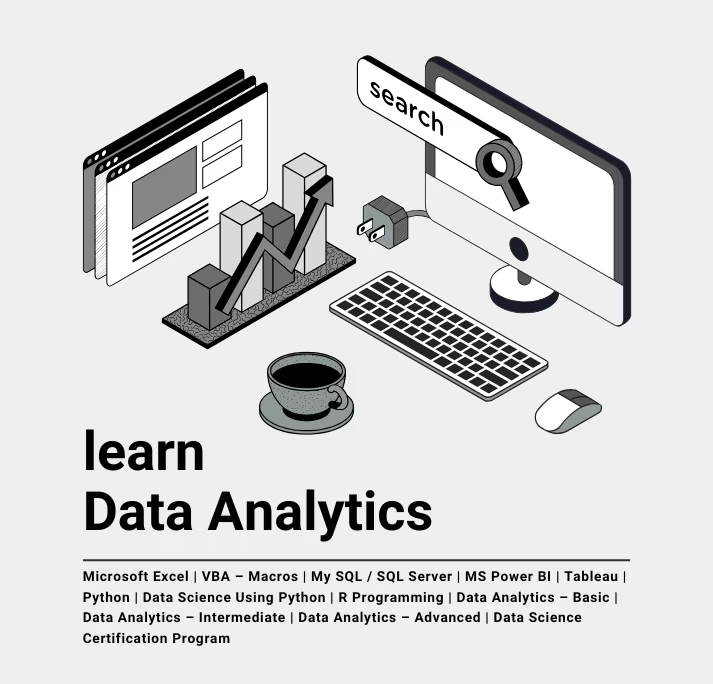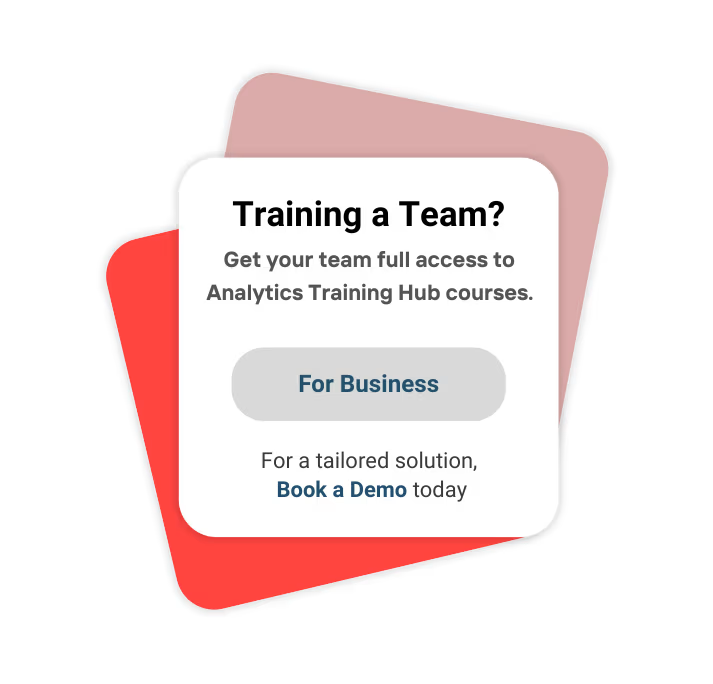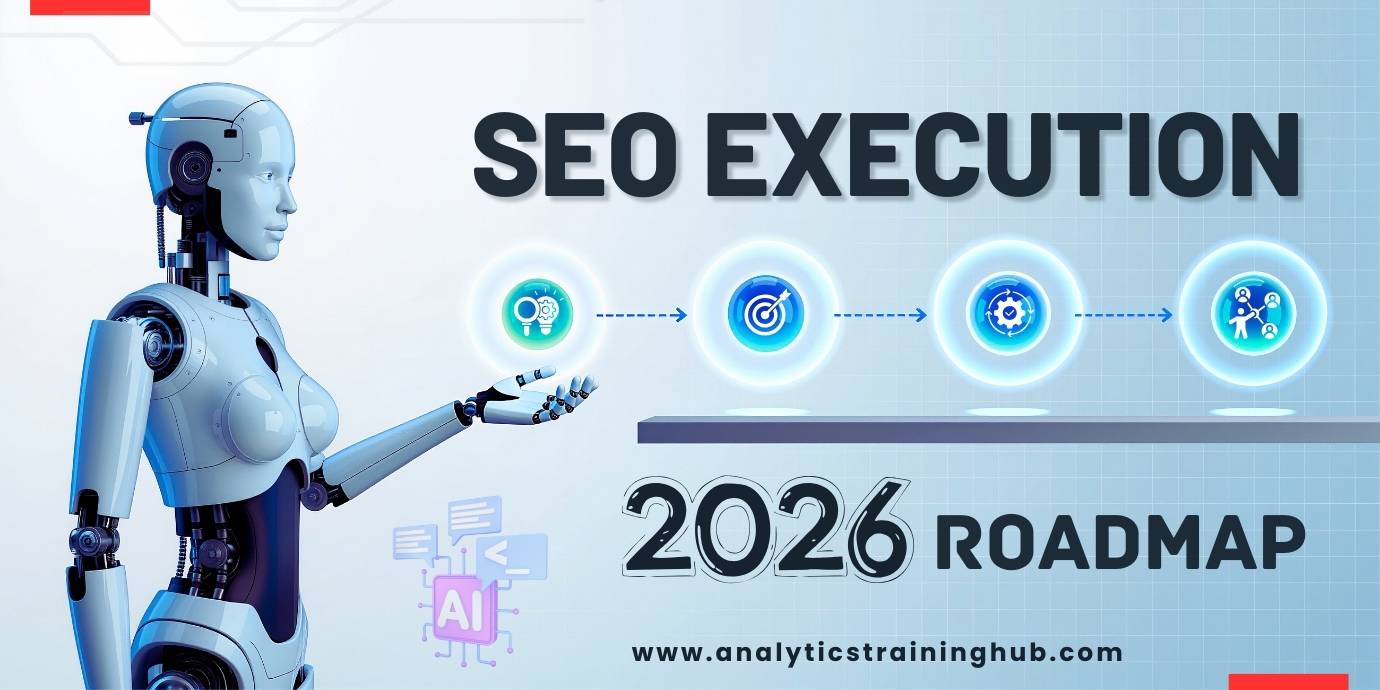Why an MIS Training Course Can Transform Your Career
In a world driven by data, information has become a linchpin for virtually every decision made by a business, from inventory management to forecasting at the executive level. Whether you’re a working professional, a data analyst and/or business manager, or a new graduate, the ability to collect, analyze, and report on data is no longer a “nice-to-have”; it has become a “must-have”.
So welcome to the world of MIS – Management Information Systems – that important link between numbers and management. In this blog we will take a look at what MIS is, why it matters in today’s business landscape, and how to take advantage of enrolling in a MIS Training Course to enhance your career in operations, finance, HR, analytics, and beyond.

What does MIS (Management Information Systems) mean?
Management Information Systems (MIS) is essentially a system that helps managers with the tools and data needed to organize, assess, and efficiently manage departments in an organization. It combines an organization or business schema with the creation of information to support business management and decision-making.
MIS consists of three primary elements:
- People – the analysts and users
- Processes – the business processes and rules
- Technology – the tools and platforms (Excel, SQL, Access, etc.)
Together, they enable the right people to get the right information at the right time.
How is MIS Relevant to today’s Businesses?
Today’s organizations generate an incredible amount of data every day, whether it’s from customer transactions, tracking inventory movements, or employee attendance, to financial statements. Therefore, having an MIS allows organizations to make sense of the data and provide insight for decision making in a meaningful way.
Here are a few of the ways MIS can help:
- Making Informed Decisions: Good MIS systems help organization make quick fact-based decisions by generating detailed reports or dashboards that have actionable insight.
- Freeing Up Time: use of automation tools reduce manual work and human errors by designing automated reports scheduled periodically.
- Highlighting trends, forecasting, and identifying gaps in performance.
- Creating a competitive differentiator by providing for improved decision making pace, accuracy, giving company advantage over competitors.
Whether you’re a sales manager responsible for tracking performance year over year or an HR manager generating headcount reports months end, MIS is a key asset.
Who is encouraged to take an MIS course?
The beauty of an MIS course is that people come from diverse backgrounds, meaning an MIS course will be a benefit for anyone. Here are just a few examples of who would be offered a benefit from enrolment in this MIS training course:
- MIS executive/ officer, data entry operators
- Business analysts/managers
- Latest MBA or commerce student
- Professionals from all business areas (sales, HR, finance, operations)
- Entrepreneurs managing information related to their business
- Anyone looking to do any work with excel, access or SQL
- No programming experience is needed, even with only a basic understanding of excel, you’re on your way to sport your MIS training!
Top Benefits of an MIS Training Course
Let’s look at some of the most compelling benefits that an MIS training program offers:
- Master Advanced Excel for Business Reporting
Excel is still the most widely used tool in the business world. This course equips you with powerful functions such as:
- VLOOKUP, INDEX-MATCH, and XLOOKUP
- SUMIFS, COUNTIFS, and nested IF formulas
- PivotTables and PivotCharts
- Conditional formatting and data validation
- You’ll also learn to build interactive dashboards for leadership reporting.
- Automate Routine Tasks Using Macros & VBA
Tired of copying and pasting the same data every day? With VBA (Visual Basic for Applications) and Excel Macros, you can automate repetitive processes, generate reports in seconds, and increase productivity.
- Query Data Using SQL (Structured Query Language)
SQL is the universal language of databases. MIS professionals need to query data from systems like ERP, CRM, or HRM databases. This course covers:
- Writing SQL SELECT queries
- Filtering with WHERE, IN, and BETWEEN
- JOINs, GROUP BY, and subqueries
- Creating views for reports
- Use Microsoft Access to Build Small-Scale Databases
Microsoft Access is ideal for storing and managing departmental data. You’ll learn how to:
- Create tables and define relationships
- Design forms for easy data input
- Run queries and generate reports
- Gain Hands-On Experience with Real Business Data
From employee records to sales performance data, every module is taught using practical case studies. You’ll simulate real-life scenarios and create reports that mimic those used in top organizations.
- Develop Professional Dashboards & KPIs
MIS professionals often report to senior management. That means your reports must be not only accurate-but visually impressive. This course teaches:
- Chart selection and design
- KPI indicators and trendlines
- Interactive slicers and timelines
- Storytelling with data
What You’ll Learn in this MIS Training Course
Here’s a breakdown of the modules covered in a typical MIS training course:
Introduction to MIS – Understand the role and importance of MIS in modern organizations
- Advanced Excel for MIS-Learn formulas, PivotTables, conditional formatting, and data cleanup
- Power Query-Automate data transformation from multiple sources
- MS Access-Build tables, relationships, forms, and reports
- SQL for MIS-Retrieve data from databases for analysis and reporting
- Excel Macros & VBA-Automate tasks and create user-defined functions
- Data Visualization-Design dashboards and reports with impactful storytelling
- Capstone Project-Build a full-scale MIS solution using real-world datasets
Sample Projects You’ll Build
- Monthly Sales Report Dashboard
- Employee Attendance MIS System
- HR Headcount Summary Report
- Customer Feedback Data Cleanup & Summary
- Regional Performance SQL Dashboard
Each project was designed to replicate real business needs, and make your portfolio ready for interviews.
What You’ll Learn in this MIS Training Course
Here’s a breakdown of the modules covered in a typical MIS training course:
Introduction to MIS – Understand the role and importance of MIS in modern organizations
- Advanced Excel for MIS-Learn formulas, PivotTables, conditional formatting, and data cleanup
- Power Query-Automate data transformation from multiple sources
- MS Access-Build tables, relationships, forms, and reports
- SQL for MIS-Retrieve data from databases for analysis and reporting
- Excel Macros & VBA-Automate tasks and create user-defined functions
- Data Visualization-Design dashboards and reports with impactful storytelling
- Capstone Project-Build a full-scale MIS solution using real-world datasets
Sample Projects You’ll Build
- Monthly Sales Report Dashboard
- Employee Attendance MIS System
- HR Headcount Summary Report
- Customer Feedback Data Cleanup & Summary
- Regional Performance SQL Dashboard
Each project was designed to replicate real business needs, and make your portfolio ready for interviews.
What You’ll Learn in this MIS Training Course
Here’s a breakdown of the modules covered in a typical MIS training course:
Introduction to MIS – Understand the role and importance of MIS in modern organizations
- Advanced Excel for MIS-Learn formulas, PivotTables, conditional formatting, and data cleanup
- Power Query-Automate data transformation from multiple sources
- MS Access-Build tables, relationships, forms, and reports
- SQL for MIS-Retrieve data from databases for analysis and reporting
- Excel Macros & VBA-Automate tasks and create user-defined functions
- Data Visualization-Design dashboards and reports with impactful storytelling
- Capstone Project-Build a full-scale MIS solution using real-world datasets
Sample Projects You’ll Build
- Monthly Sales Report Dashboard
- Employee Attendance MIS System
- HR Headcount Summary Report
- Customer Feedback Data Cleanup & Summary
- Regional Performance SQL Dashboard
Each project was designed to replicate real business needs, and make your portfolio ready for interviews.
Real Business Impact of MIS Skills
Now can you see how MIS can be utilized? Here is how different departments can utilize MIS:
Whether you’re gearing up for an internal review, completing an audit, or simply making more informed decisions, MIS will provide the clarity and confidence you need
Why take this MIS training course?
There are several aspects that make this course unique:
- Expert Instruction – delivered by trainers with industry and training experience
- Practical Training – No dry theories here. Appropriate tools. Correct data. Essential skills.
- Flexible Modules – Suitable for corporate or personal level
- Project-Based Learning – These are not examinations, they are real-world simulations
- Certification – you will become a Certified MIS Professional
- Post-Training Assistance – our help will continue after you complete the course
Career Prospects Following an MIS Course
MIS professionals are always in demand, and you can explore jobs such as:
- MIS Executive
- Business Analyst
- Data Analyst
- Reporting Analyst
- Operations Coordinator
- HR MIS Executive
- Project Support Officer
- Assistant Manager – Reporting
Salaries are dependent on skills, geographical location, and experience. However, even entry level MIS roles provide excellent career progression opportunities when paired with Excel, SQL, and automation skills.
Final thoughts: where learning MIS is right now
As businesses are becoming data-driven, there aren’t enough skilled people in MIS. Now is the time to take an MIS Training Course whether you are an MBA graduate, passionate about data or an unhappy professional wanting to pivot careers.
You are weeks away from taking data from spreadsheets to building automated, real-time decision-making tools for C-suite executives.
So don’t sit there with data – learn how to use it, analyze it, and tell stories with it.






